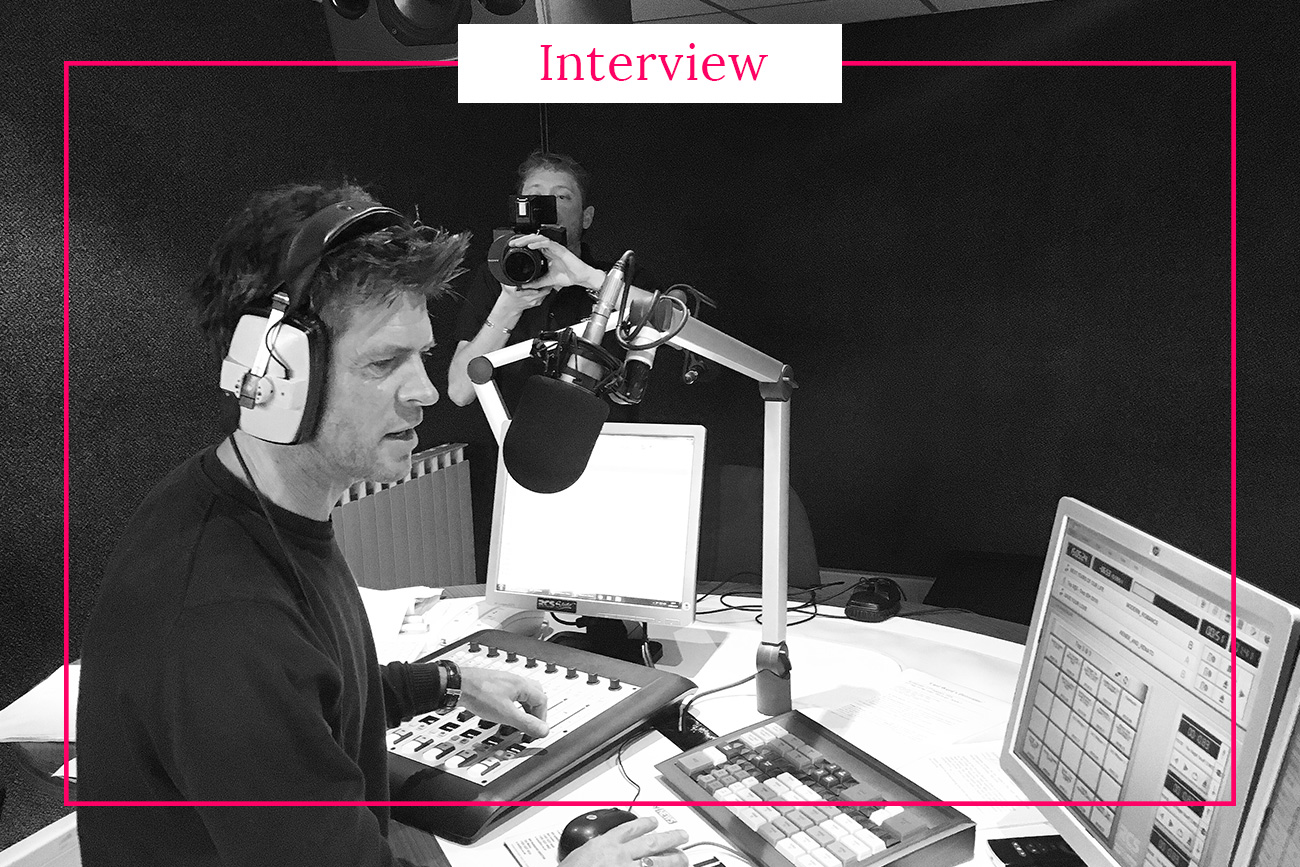
It is common knowledge that many organisations look for leadership potential within existing ranks to build a strong workforce; it also nurtures motivation to extend people’s abilities and improve retention rates. Employees feel valued and see a future with the company.
However, each person exhibits leadership potential differently. Here are some ways you can identify or develop leadership traits.
Engagement with work
Potential leaders show a high level of engagement with their work. This characteristic is demonstrated through asking questions, coming to management with potential problems, and sharing solutions to challenges. These people also present as approachable while talking and working with co-workers.
Failure doesn’t ruin their confidence
Leaders appreciate that failures will always happen and are seen as learning opportunities to improve skills and knowledge rather than mistakes to ruminate over. They do not blame others for mistakes they have made or played a role within.
Communication Experts
Great leaders have exceptional communication skills. They know when to listen to others and instinctively understand when to share their thoughts. They do not speak over others, and they listen to understand, not defend or reply. They are the people who consistently and carefully consider their options before sharing.
Unassuming
Leaders are confident in their abilities without making others feel less valuable or having to boast to prove their worth. Look for the people who do their job well and resist seeking attention on the work they have done.
Motivate Others
Encouraging others to succeed is essential for leadership. This characteristic relies heavily on emotional intelligence and the individual’s use of empathy. Look for the people who praise their peers and avoid taking credit for work done by others.
Ability to Multitask
Being a leader means having to handle multiple responsibilities effectively. It is crucial to be able to complete work without compromising on quality and without undue stress. To identify potential leaders, give prospective candidates additional responsibilities not within their current work scope. Weigh their response to receiving more work and how they manage the additional tasks.
Requesting more Opportunities
Great leaders view education and additional opportunities as a journey rather than something to get finished. They show initiative to take on more than just their job description. Look for the employees who are willing to discuss career goals and actively pursue education or skills-based learning to further their career. They will also tend to identify process issues and develop potential solutions to overcome challenges without prompting.
Own their Impact
Potential leaders own their tasks and do not view anyone else to be responsible for their job. They are willing to ask for help, but they will come up with a range of potential solutions rather than expecting someone else to take over and finish the job.
Focused
A great leader can remain focused, regardless of the usual workday distractions. Look for employees who deliver a consistent level of high-quality work over a period of time and remain engaged throughout the day.
Request Help
Excellent leaders recognise the value of asking for help from the right people at the right time. Think about how your employees respond when they do not know the answer. Recognise those who are willing to admit they are not confident in the solution but willing to find the correct answer. This attribute shows a willingness to learn and commitment to extending their reach and potential.
Work well with multiple personalities
Not everyone is the same, and honestly, it would be boring if they were. Leaders need to be able to work well with all levels of the organisation. They require strong interpersonal skills to help them develop firm boundaries and healthy relationships. Notice how your employees talk with AND about their co-workers. This will indicate how they would provide feedback to people they supervise in the future.
Empathy
Empathy is an attribute that allows people to understand what makes other people work effectively and how to position them to achieve their goals and those of the organisation. It helps people get to the core of a problem, address it, and move on. Look for those people who have a tolerance for diversity in the workplace and listen to concerns or criticism before making excuses.
Emotional Intelligence
Emotional intelligence is one of the most important characteristics to have as a leader. While empathy is an external focus, emotional intelligence has an internal focus. Look for people who display emotional intelligence by showing a capacity to be honest with themselves. They can accurately identify their strengths, weaknesses and blind spots and don’t alienate others by overestimating their ability to follow through on actions.
These leadership attributes are all the hallmarks of leadership potential, regardless of industry or geography. By continually assessing current and future employees for these attributes, you will be able to grow your leadership potential within the organisation without looking outside for people who are not a strong fit with your organisational culture.
Would you like to learn more about work related topics? Then don’t miss the following article: How office environment affects productivity



